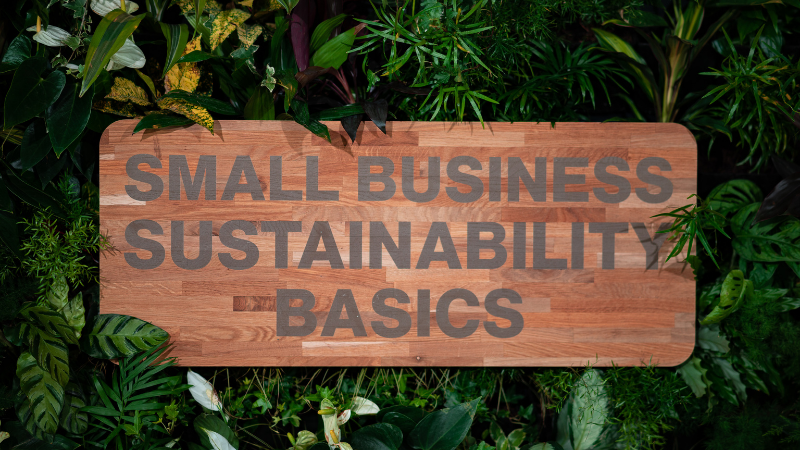The Journey to Sustainability: Small Business and Net Zero

Oxford Brookes Business School researchers Dr Lauren Tuckerman and Dr Sara le Roux have been collaborating with Small Business Britain on a project related to small business and sustainability.
We know that small businesses are a large part of the UK economy, and although they do not typically work in high-emissions industries, the British Business Bank have estimated that small businesses contribute 52% to the total UK business carbon emissions, showing that the cumulative amount is significant.
Before delving into our findings and reflections from the project, we want to discuss the reasons for the project in the first place. The commitments made by the UK Government at COP26 and the Net Zero Strategy: Build Back Greener emphasise a desire to support businesses realise their net zero ambitions. However, little is known about how to support small businesses on their net zero journeys, and what actions are already being taken by small businesses to reduce their carbon footprint. Our project highlights the challenges and opportunities that small businesses face on their journey to net zero and start to explore ways to help businesses on their net zero journey.
The first two stages of the project have been a national survey of small businesses and the delivery of the first Small Business Sustainability Basics training programme, and we have gained some intriguing insights already.
Our survey reached 1025 small businesses in the UK and of those businesses, 42% are aware of, but don’t understand the Net Zero agenda and 12% were not aware of the Government’s Net Zero agenda. 71% of our survey respondents said they want to do more in the next two years to reduce carbon emissions. Currently there are a lot of large additional financial hurdles for small businesses (compounding issues of Brexit, COVID-19 and increasing bill prices etc) and it is therefore unsurprising that 36% feel access to finance limits them however, only 27% are concerned about the time commitment.
These are just some of the insights that led to the development of the Small Business Sustainability Basics programme. In this programme we wanted to debunk the idea that sustainability had a high cost to small businesses, and highlight ways in which sustainability could be good for the financial bottom line too. This programme of support is designed to be flexible around the busy lives of those running small businesses, with online sessions that can be accessed live, or reviewed on catch-up, and a forum for sharing ideas and networking. The programme is 6 weeks and is free!
On opening sign up for the first cohort of Small Business Sustainability Basics we were bowled over by the popularity of the programme and the numbers of people signing up. We very quickly reached our cap of 575 people and have now opened our expression of interest list for cohort two which starts in September.
If you are interested in starting your sustainability journey, sign up for the September course here >>
